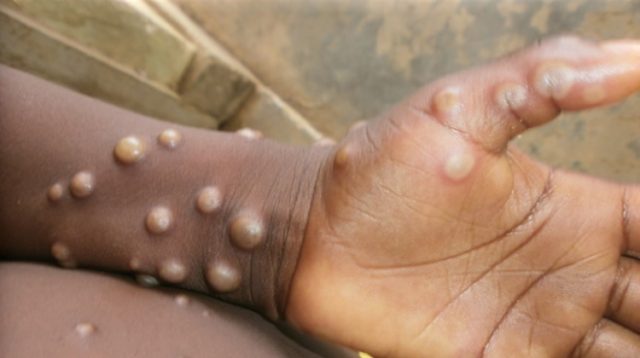Thailand has recorded its first case of Monkeypox, suspected to be of the Clade 1 variety, in a European tourist who arrived from an unspecified African country on August 14.
Following different cases recorded lately across the world, the urgency of addressing the Monkeypox outbreak has been heightened with significant international attention. However, the disease has long been present in Africa.
Reports have it that public health officials in Africa are now striving to avoid the mistakes made during the COVID-19 pandemic by focusing on the swift acquisition and distribution of Mpox vaccines.
Meanwhile, the World Health Organization (WHO) has labelled the spread of Mpox as a public health emergency of international concern, and vaccines are expected to arrive in Africa next week.
The Africa Centres for Disease Control and Prevention (Africa CDC) is prioritizing robust supply chain management to ensure effective vaccine distribution.
“It’s about putting in place strong supply chain management that can accommodate the vaccine that we are bringing in the next few days,” Africa Centres for Disease Control and Prevention director general Jean Kaseya said on Tuesday.
Despite Mpox being endemic to Africa since the 1970s, the continent did not receive vaccines during the global spread in 2022, paralleling the delays faced during the Covid-19 pandemic.
Efforts to bolster local vaccine production are ongoing, with the Biovac Institute in South Africa discussing technology transfer to produce Mpox vaccines locally. Africa CDC Director General Jean Kaseya emphasizes that improving local manufacturing is crucial to enhancing the continent’s pandemic preparedness.
AFP
